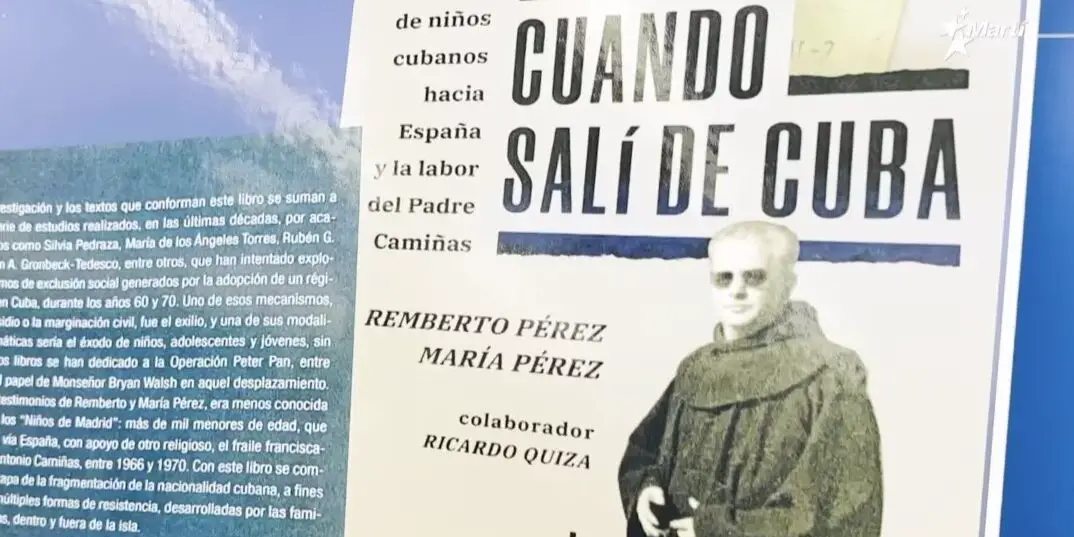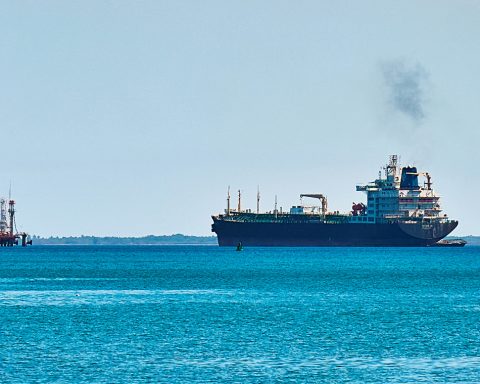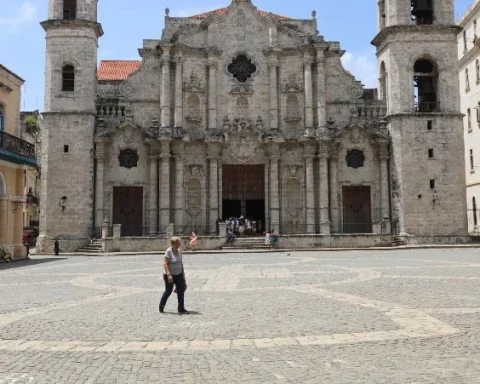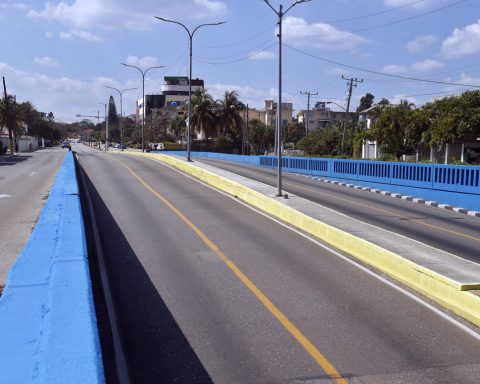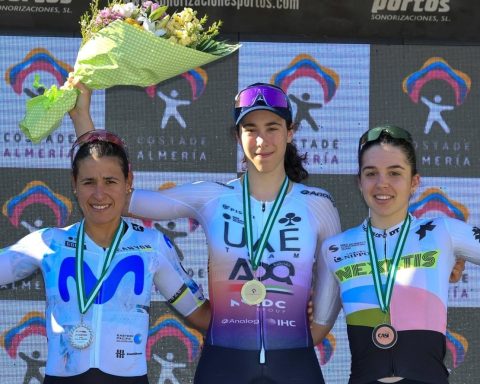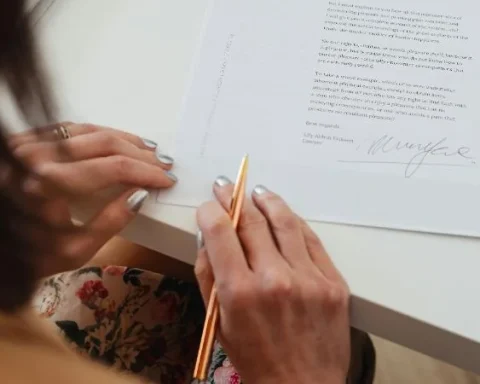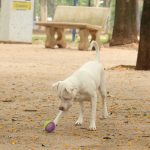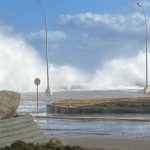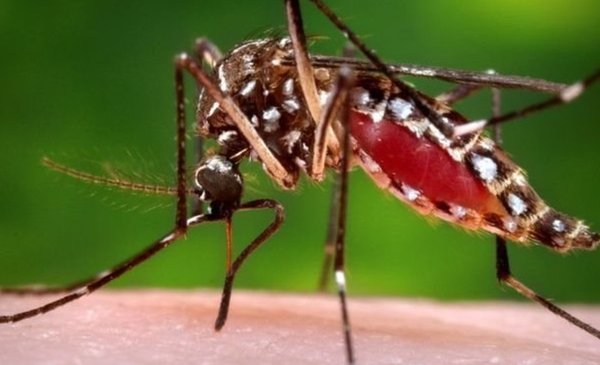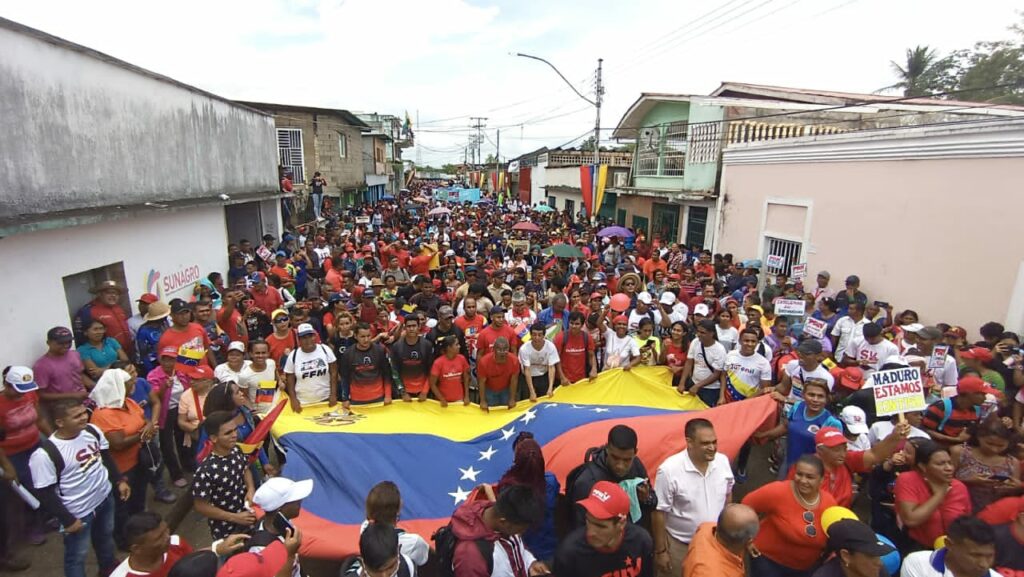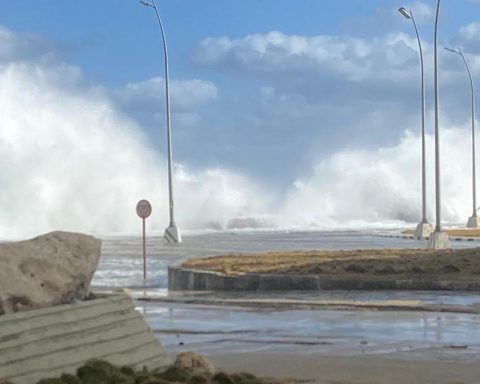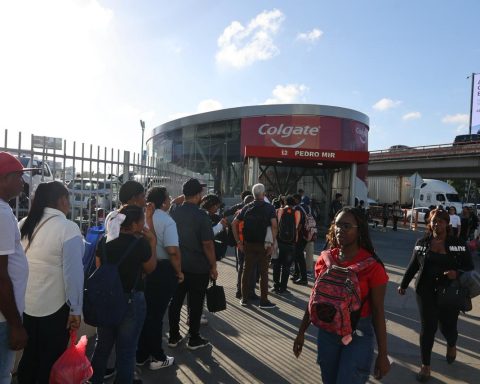MIAMI, United States. – A recently published book spotlights the little-known story of more than 3,000 Cuban children who traveled alone to Spain during the last years of Francoism. Fleeing from the conscription and communism, these children star in the story of When I left Cubaa work written by the brothers Remberto and María Pérez, who experienced this separation in the 1960s.
“My brother is a year and a half older than me. We were inseparable. His departure was extremely painful. My mother stayed there (in Cuba) like a ghost,” said María Pérez, a retired pharmacist and human rights defender, to the EFE news agency.
The book, recently presented at the literary space La Otra Esquina de las Palabras of the American Museum of the Cuban Diaspora, tells the “forgotten story of the exodus of Cuban children to Spain” between 1966 and 1974.
Published by the Casa Vacía publishing house, the objective of the book is to “rescue from oblivion” the story of the children who were received in Spain by Father Antonio Camiñas, a Franciscan religious born in Cuba and who died in the Iberian country. “Nothing had been written. We owe this story to the protagonists and to the people who made it possible for these children to leave Cuba,” said María Pérez.
The book includes testimonies from 50 interviewees, 31 of whom are men who left Cuba between the ages of 13 and 15. They now reside in Miami, New Jersey (USA), Spain and Puerto Rico.
The so-called “Madrid Operation”, unlike the well-known Operation Pedro Pan that brought more than 14,000 children from Cuba to the United States, relied on a transit visa. “A 90-day visa, although some children stayed longer,” María revealed.
Regarding the exact number of children who emigrated to Spain, María indicated that they were “between 3,000 and 4,000 children.” Their final destination was the United States, but in the meantime, they were in shelters run by Father Camiñas, director of the Hispanic American Exchange Foundation.
In her interview with EFE, María also highlighted the experiences of these young people in Spain: “They all gave each other nicknames, they were adolescents who became bullying. At night they cried and in the morning they played ball. They got on the train and went from El Escorial to Madrid”.
As for how it was possible for so many children to travel alone to Spain, he suggested that “there had to be some agreement.” He added: “The boys were not as aware that Spain had a dictatorship, although there were not remotely as many restrictions as in Cuba. Spain never broke relations with Cuba and, in the end, the dictators understand each other”.
The title of the book comes from the song When I left Cuba, interpreted by Luis Aguilé for these families of exiles. “The song to title this book seemed appropriate to me because it became the hymn of exile, as it is now Homeland and Life”recalled Maria Perez.
The presentation of the book in Miami included the participation of Enrique del Risco, another Cuban historian. However, Remberto Pérez, co-author of the book and María’s brother, was unable to attend due to health reasons.
